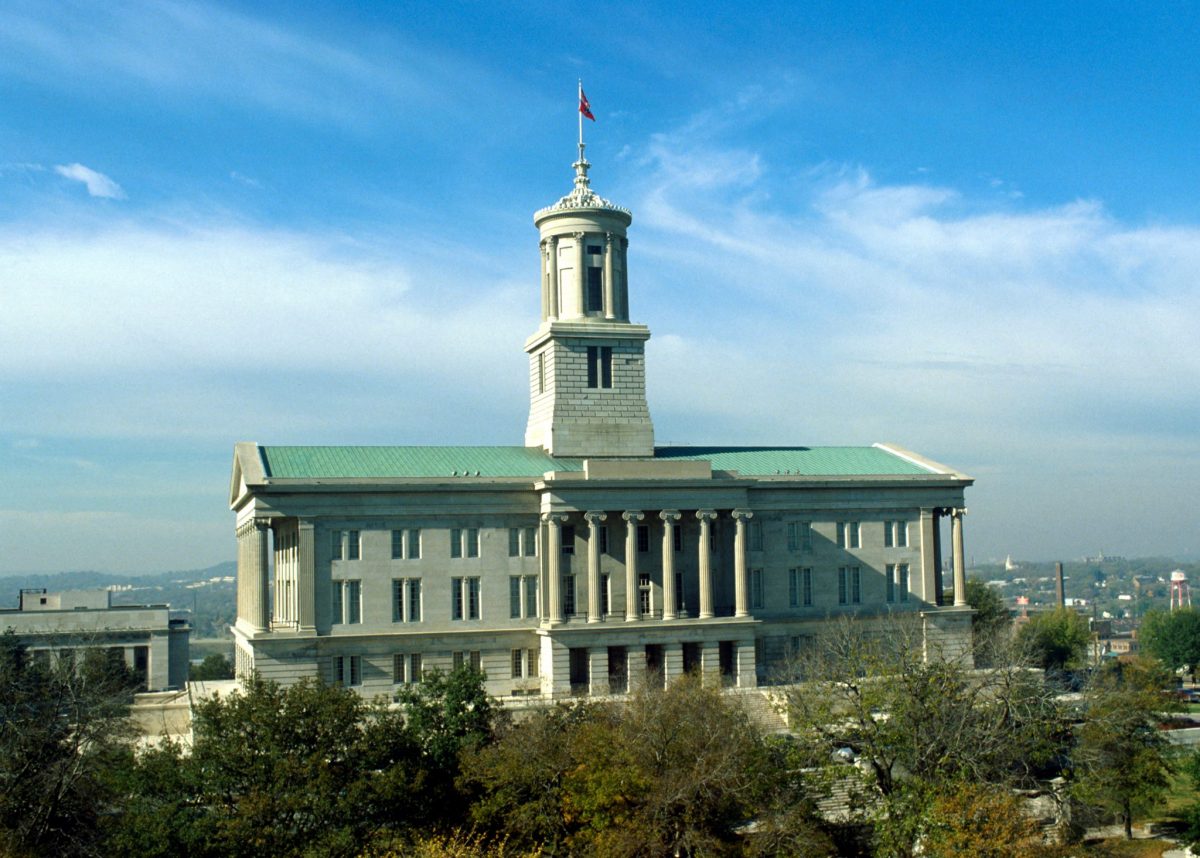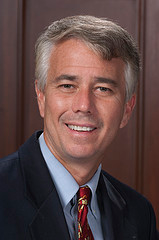Investigators have completed an independent review of Tennessee’s lethal injection protocols, and Governor Bill Lee said he’ll share the report to the public by year’s end.
Lee halted all executions in Tennessee in May. Officials discovered lethal-injection chemicals had not been screened for toxins before the scheduled execution of Oscar Franklin Smith, convicted for the 1989 murder of his wife and her two sons in Nashville.
The lethal-injection chemicals had been tested for potency and sterility, but not for endotoxins. The toxins could cause respiratory and other distressing issues. Screening for them is mandatory under Tennessee’s execution protocols.
Neither Lee nor the U.S. Supreme Court intervened in the execution based on the merits of Smith’s case. At the time, Lee said, “I review each death penalty case and believe it is an appropriate punishment for heinous crimes.” But he called the death penalty “an extremely serious matter” and paused all executions here based on questions surrounding the testing protocols.
He then appointed Memphian and former U.S. Attorney Edward Stanton to oversee an independent review of the state’s execution procedures and protocols and make recommendations for the future. The review was to “ensure any operational failures at [the Tennessee Department of Corrections] are thoroughly addressed.” Lee then temporarily stopped all state executions.
Tennessee death row inmates can choose to be executed by lethal injection or the electric chair. Though lethal injection is the default method, three of four executions here have been done by electric chair since 2019.
Smith’s execution was to be the first in Tennessee since February 2020, due to the Covid-19 pandemic. It was the first of five set to take place this year.
The Tennessee Supreme Court is responsible for setting executions in the state. No executions have been set for 2024 so far.
The actions come as more and more states are considering a repeal of the death penalty. Republican-sponsored repeal bills are now or recently have been before legislatures in Ohio, Kentucky, Missouri, Georgia, Utah, Kansas, Pennsylvania, and Washington, according to a national group called Conservatives Concerned About the Death Penalty.
The Tennessee chapter of the group says the death penalty is a “bloated and broken government program” that is not fiscally responsible, risks executing innocent people, and “neither decreases violence nor insures accuracy.”
“As a fiscal conservative, I am concerned about the exorbitant cost of the death penalty to Tennessee taxpayers compared to a sentence of life without parole,” said state Rep. Steve McManus (R-Cordova), according to the site. “Given the state of the current system, there is no way to cut these costs without increasing the risk of executing an innocent person.”
There are now 46 men and one woman on death row in Tennessee. Male offenders are housed at Riverbend Maximum Security Institution in Nashville. Female offenders sentenced to death are housed at the Debra K. Johnson Rehabilitation Center in Nashville.
Of the men, 24 are Black and 24 are from Shelby County. Seven offenders have two death sentences, four offenders have three death sentences, and one offender has six death sentences.
Most of the offenders are from the state’s most populous counties: Shelby (24), Davidson (4), Knox (4), and Hamilton (1). Most offenders were convicted in West Tennessee (29). East Tennessee (10) ranks second and Middle Tennessee (8) is last.
Smith, whose execution was paused this year, is the oldest on death row here at age 72. Christa Pike, the lone female on death row in Tennessee, is 46.

 Steven J. Mulroy
Steven J. Mulroy